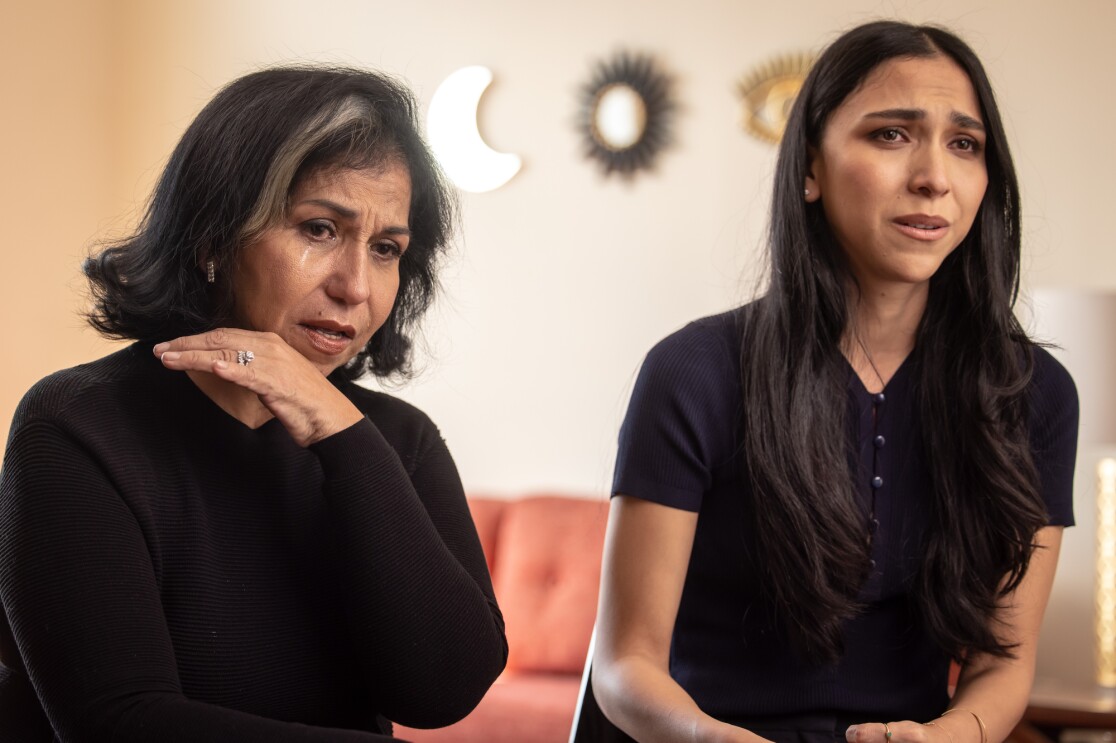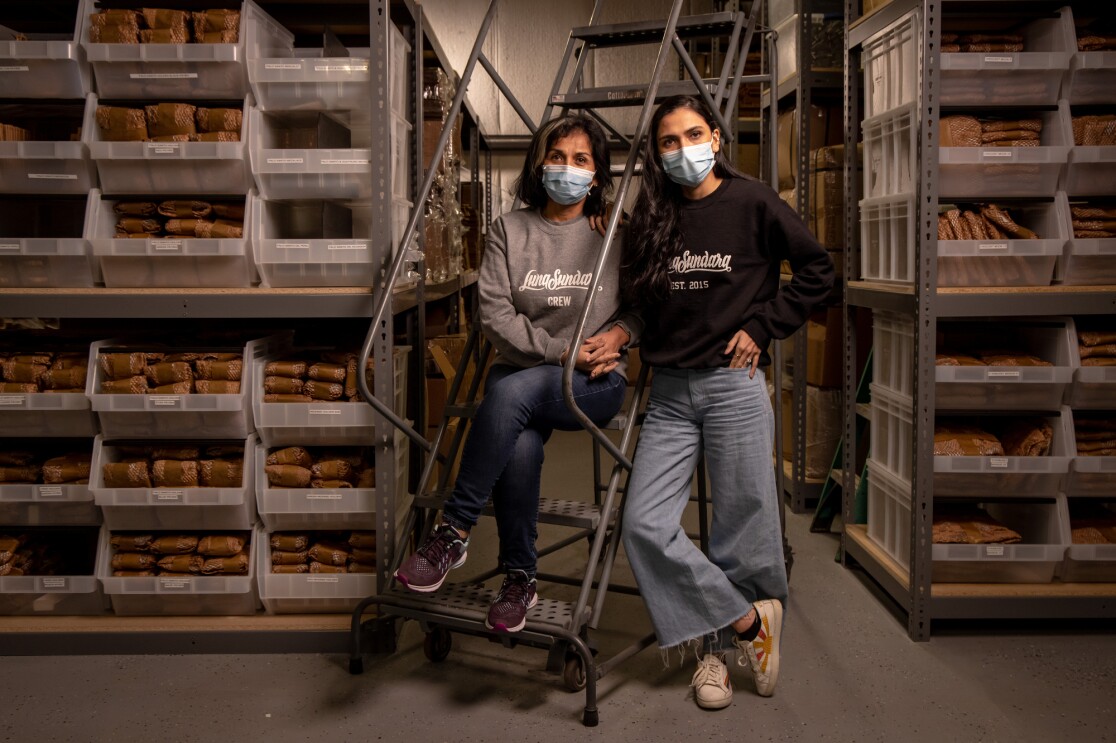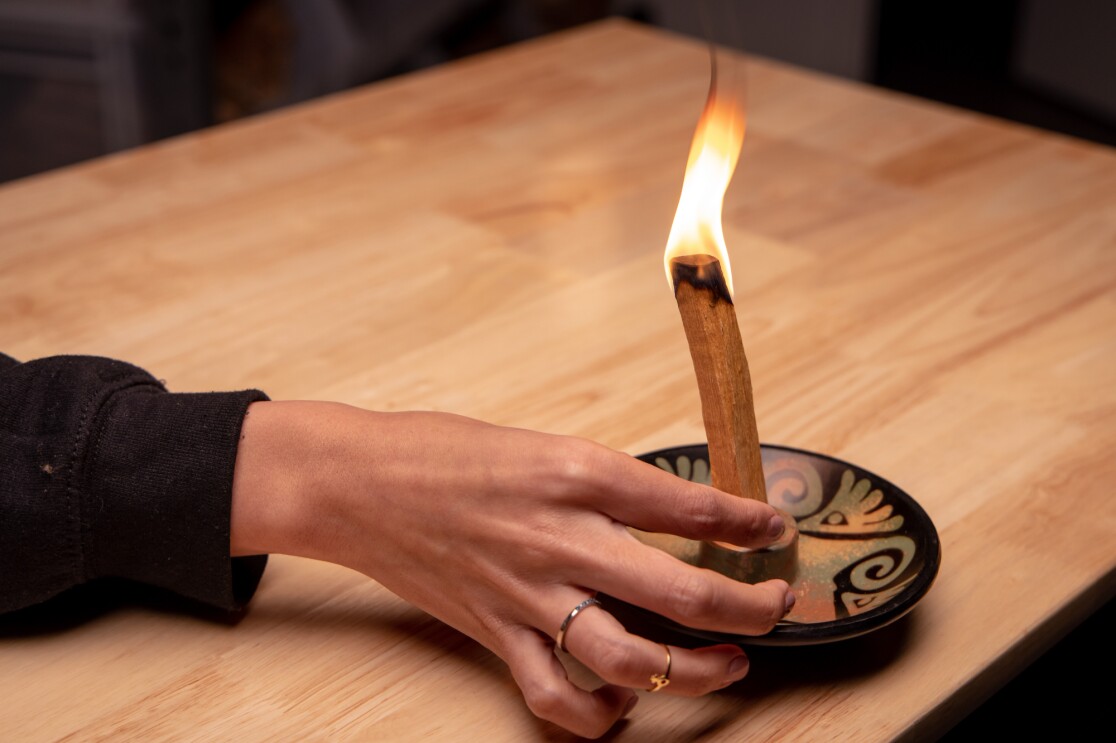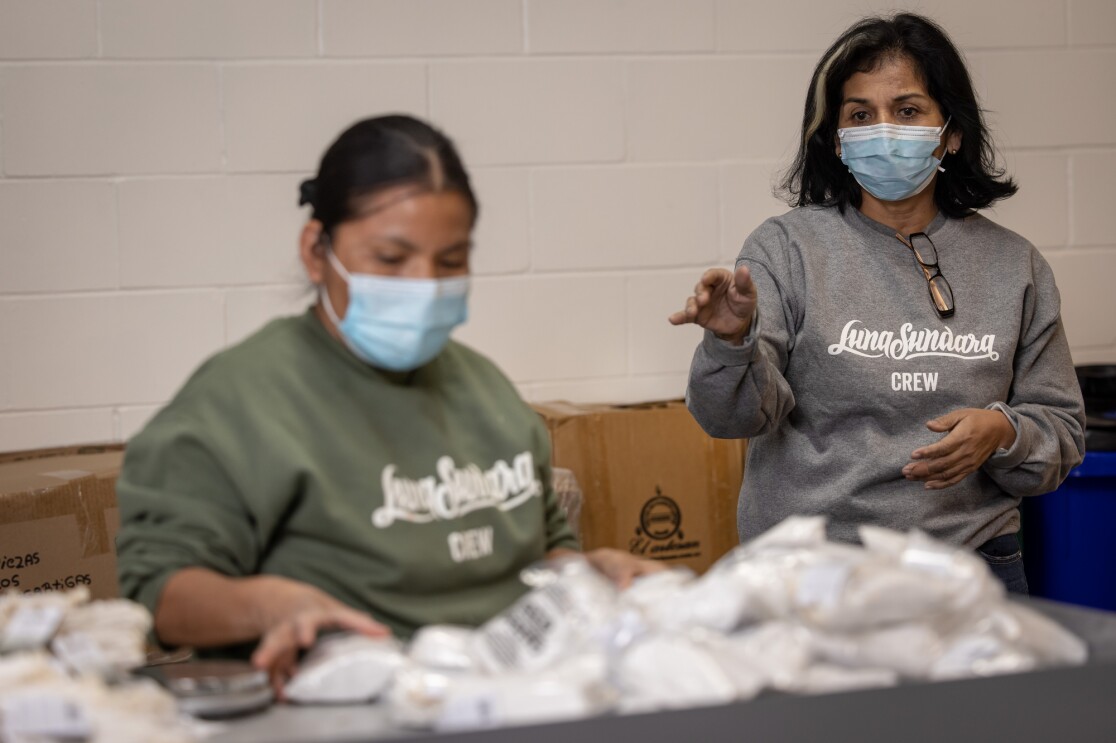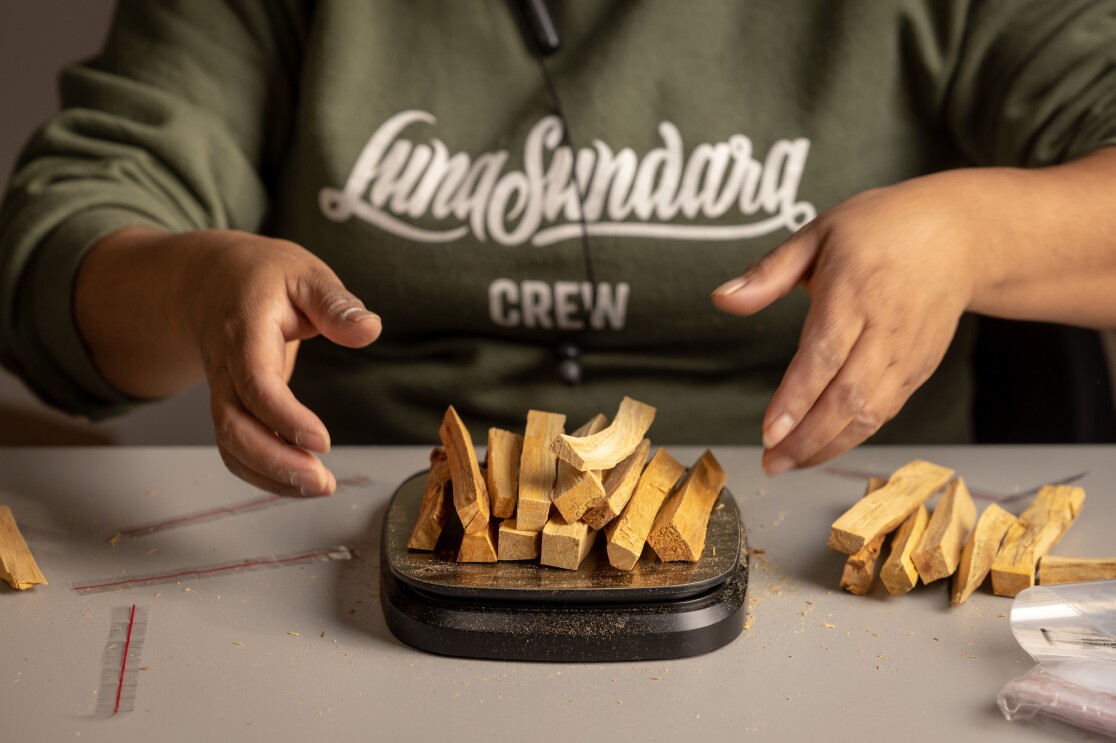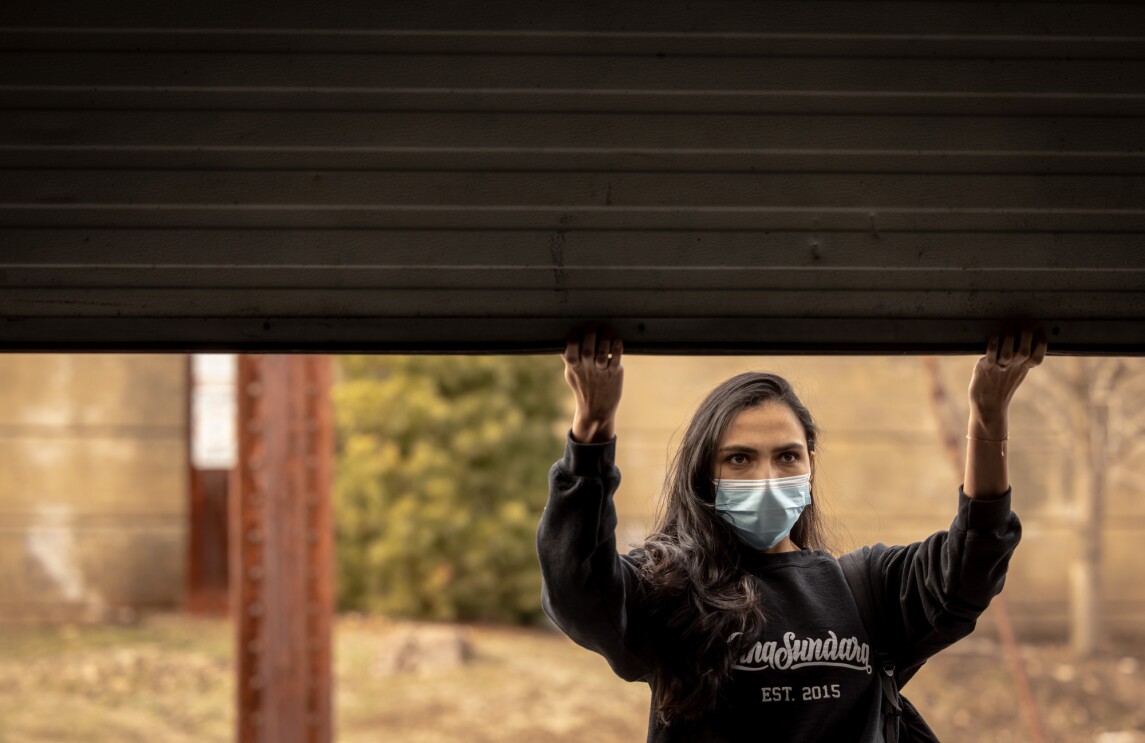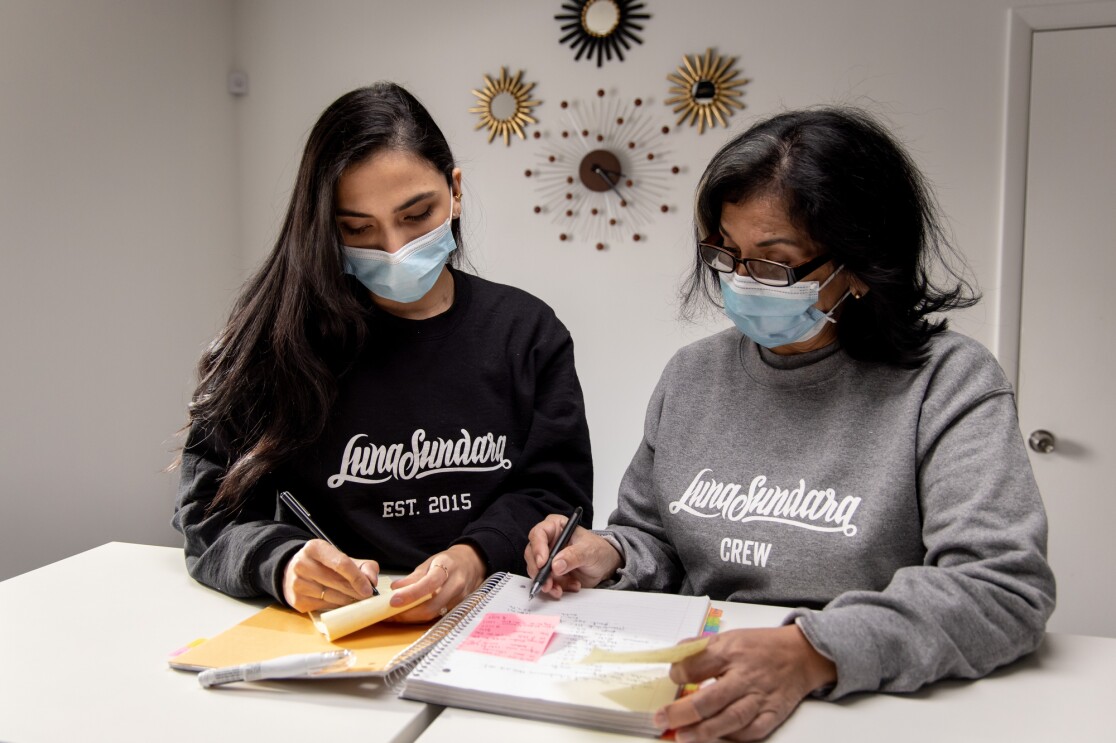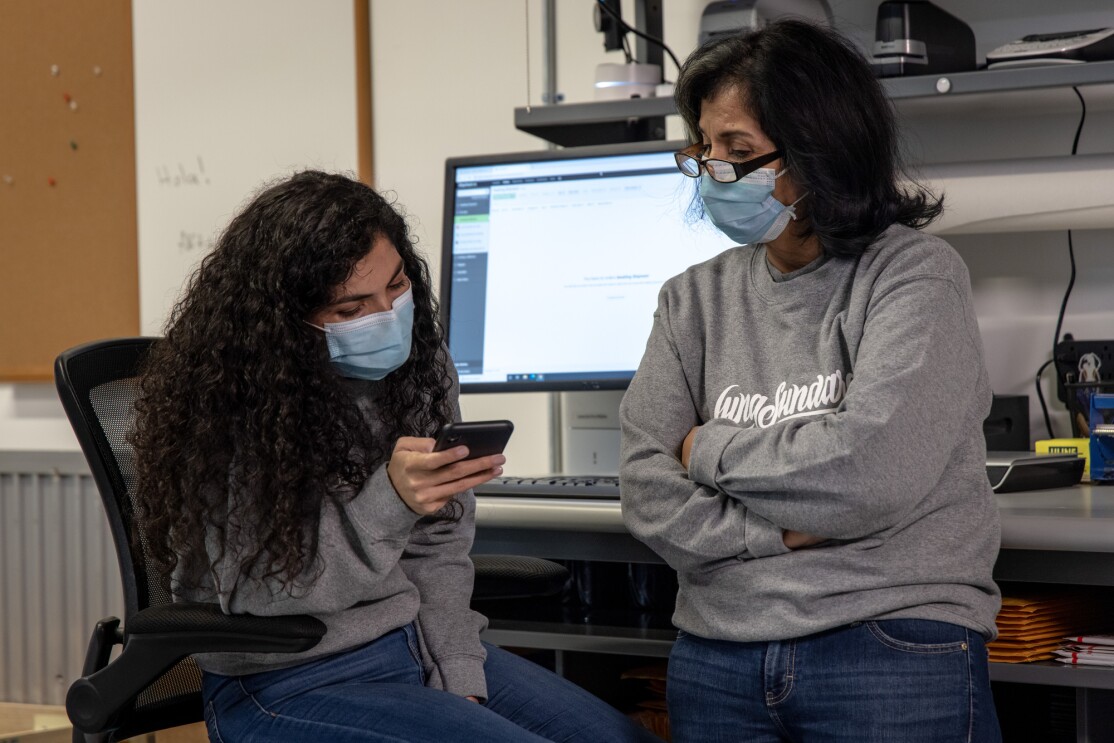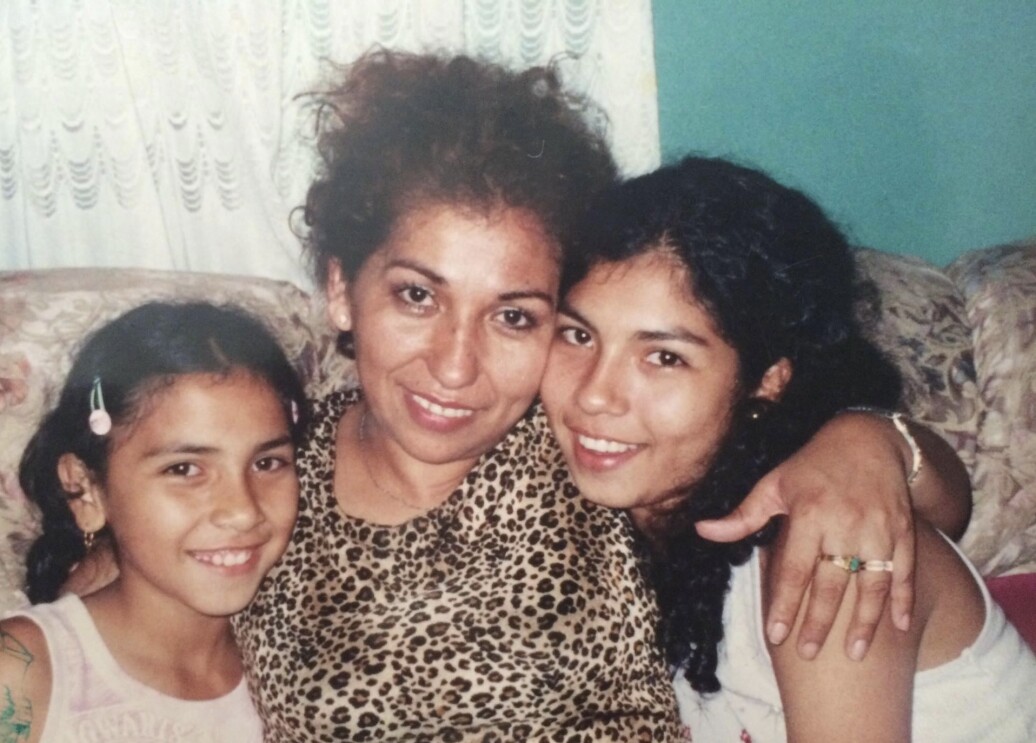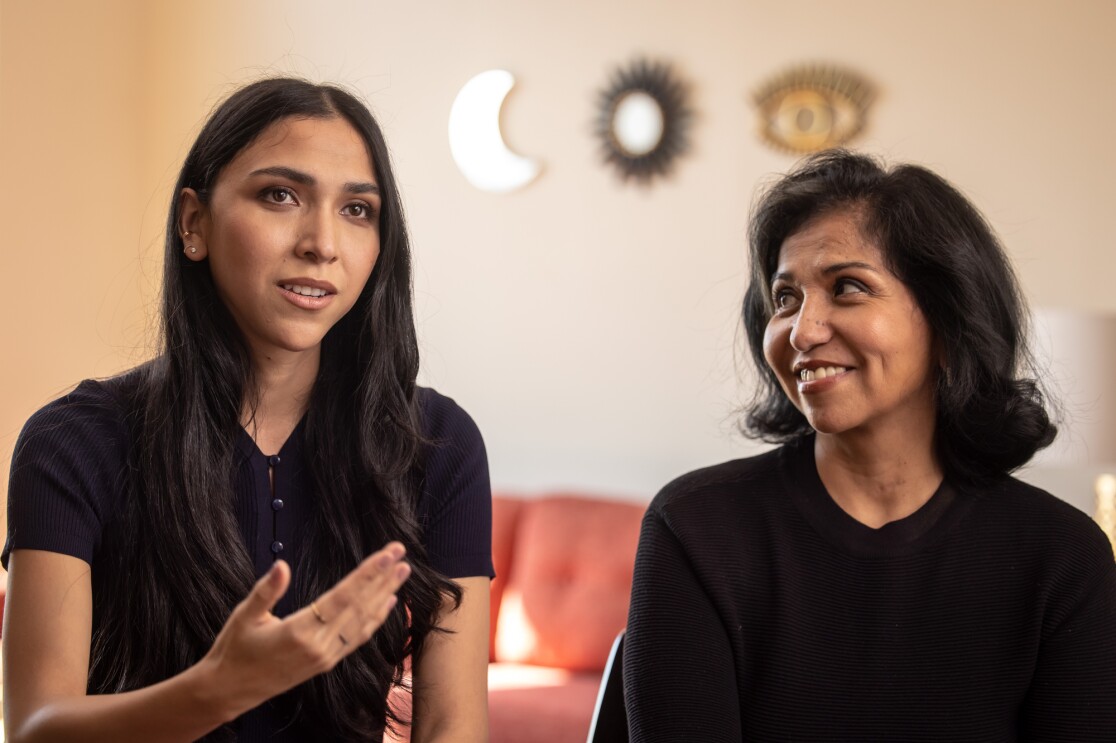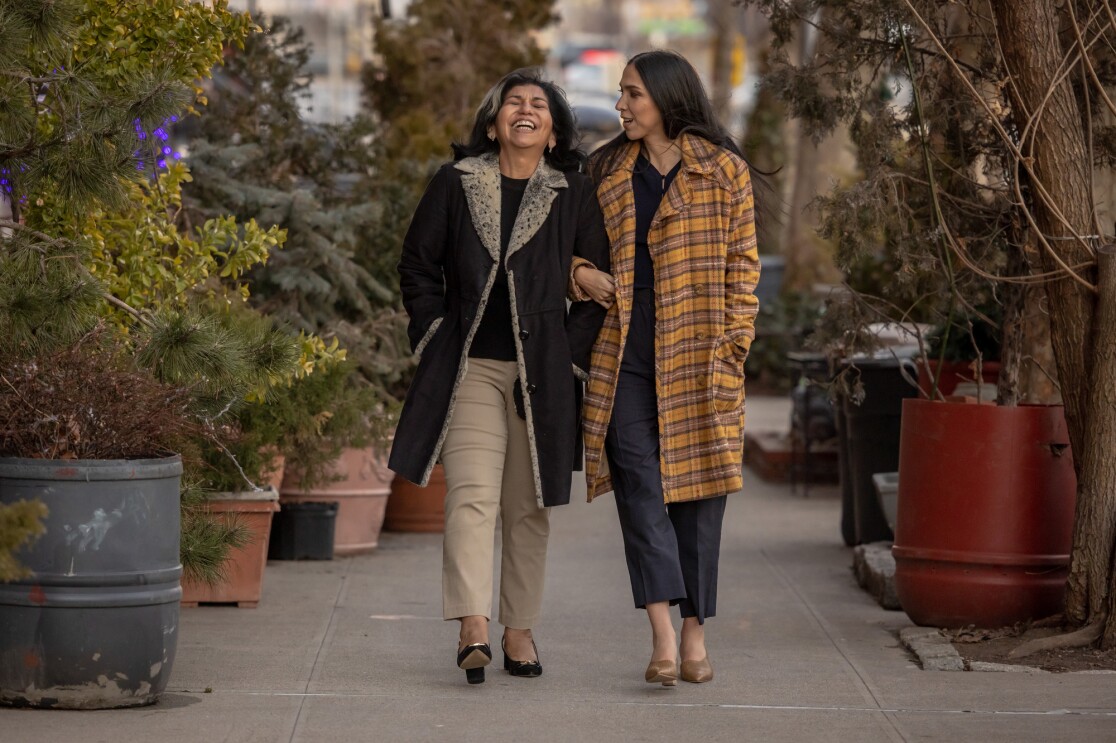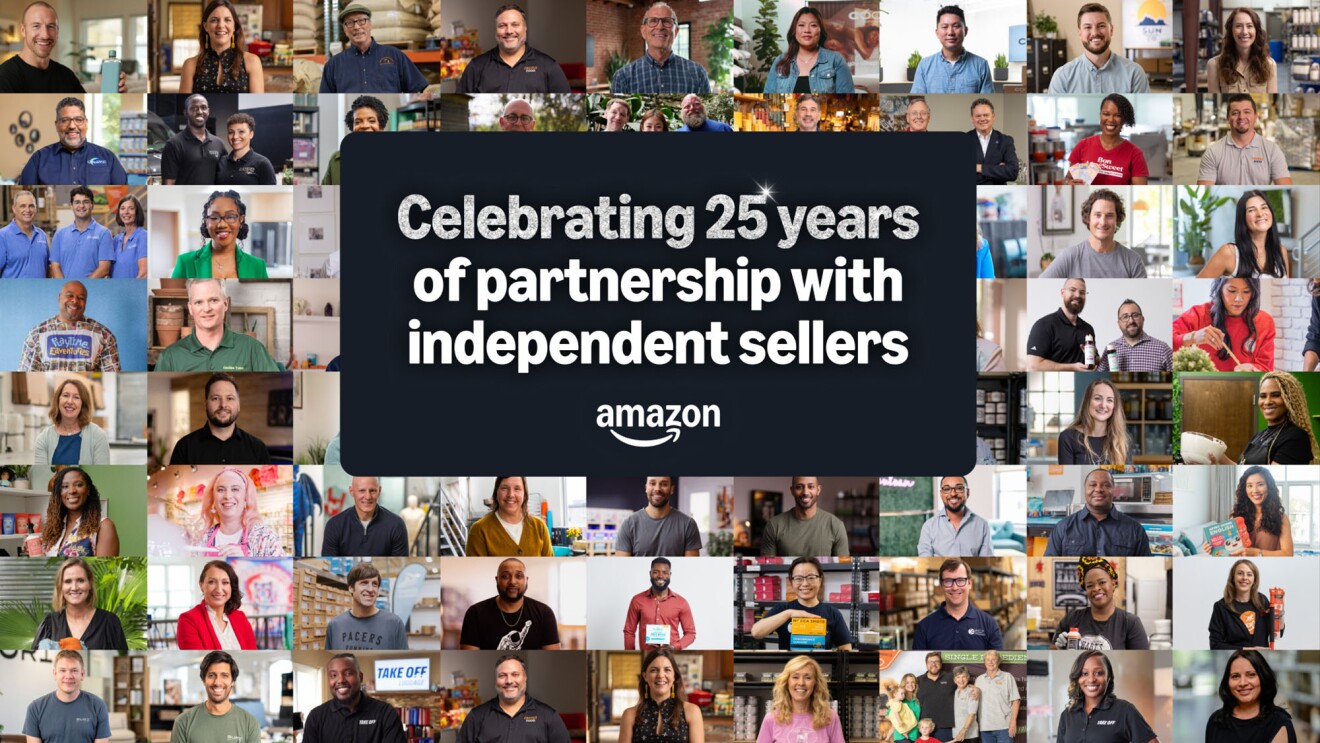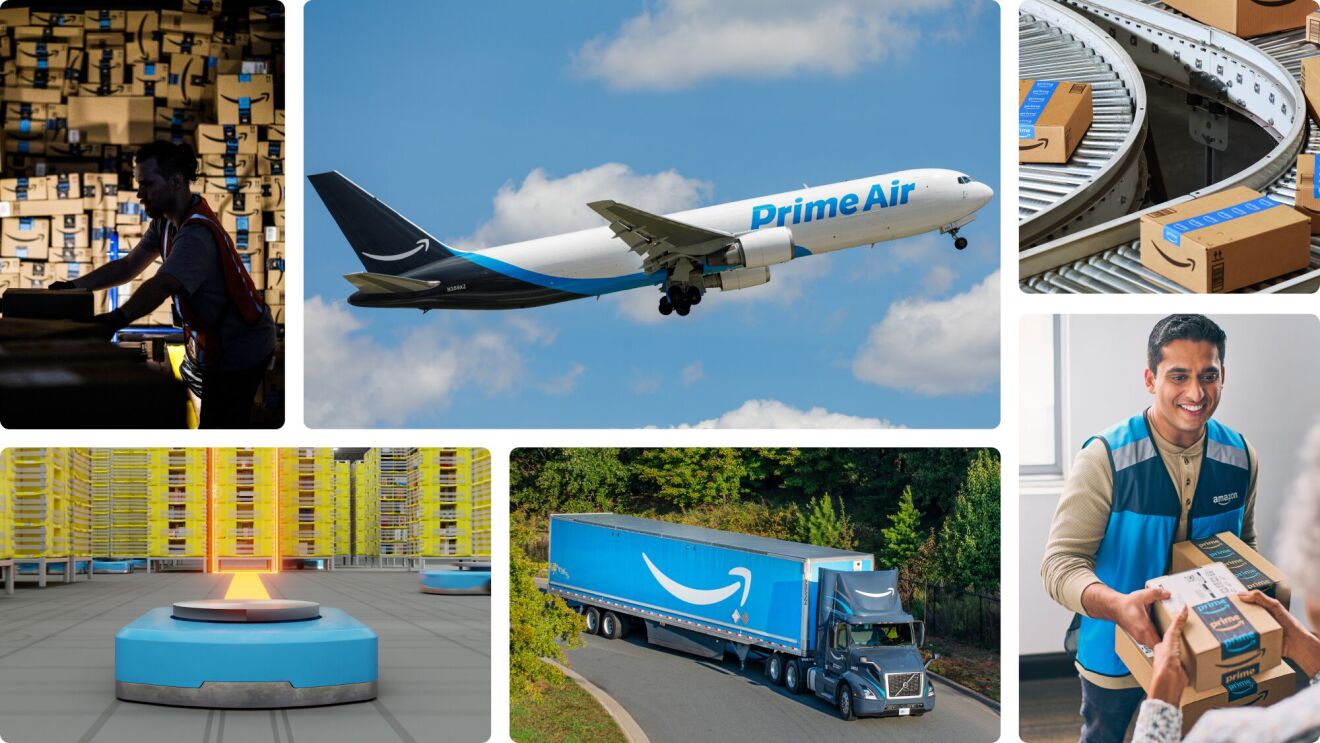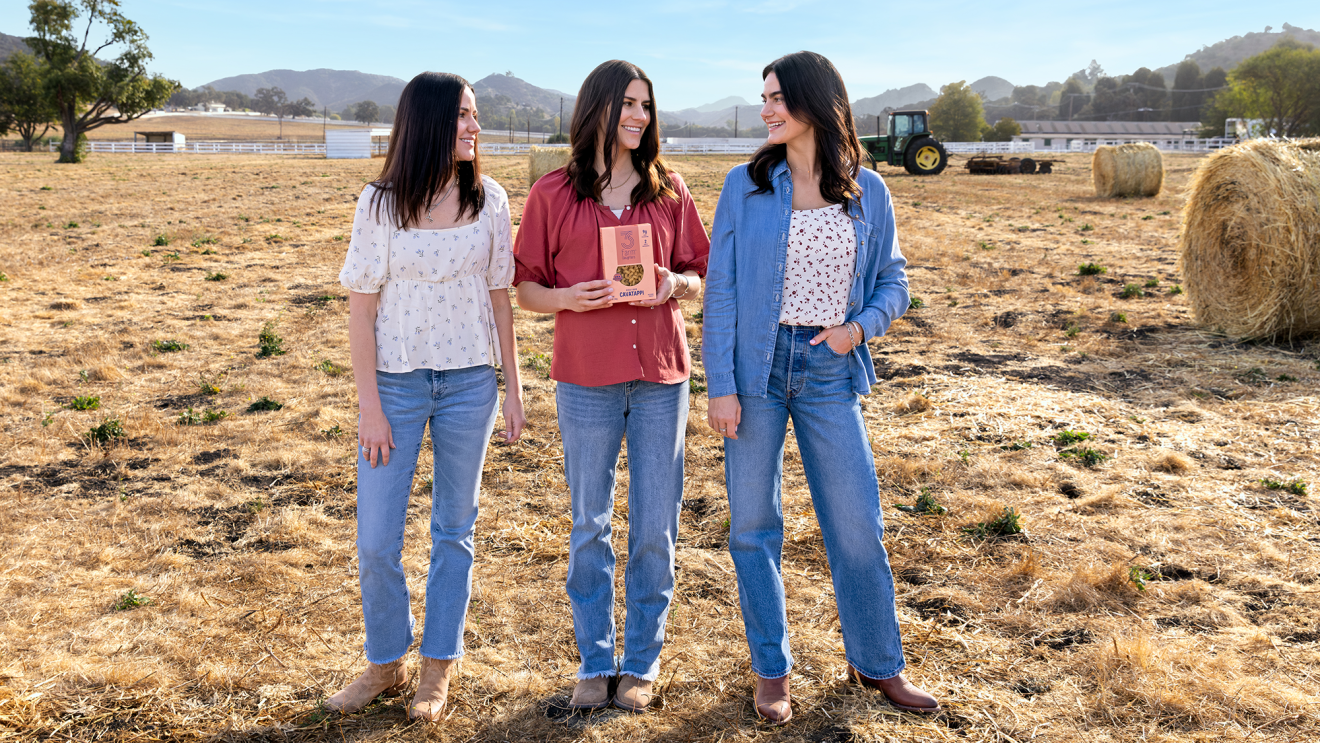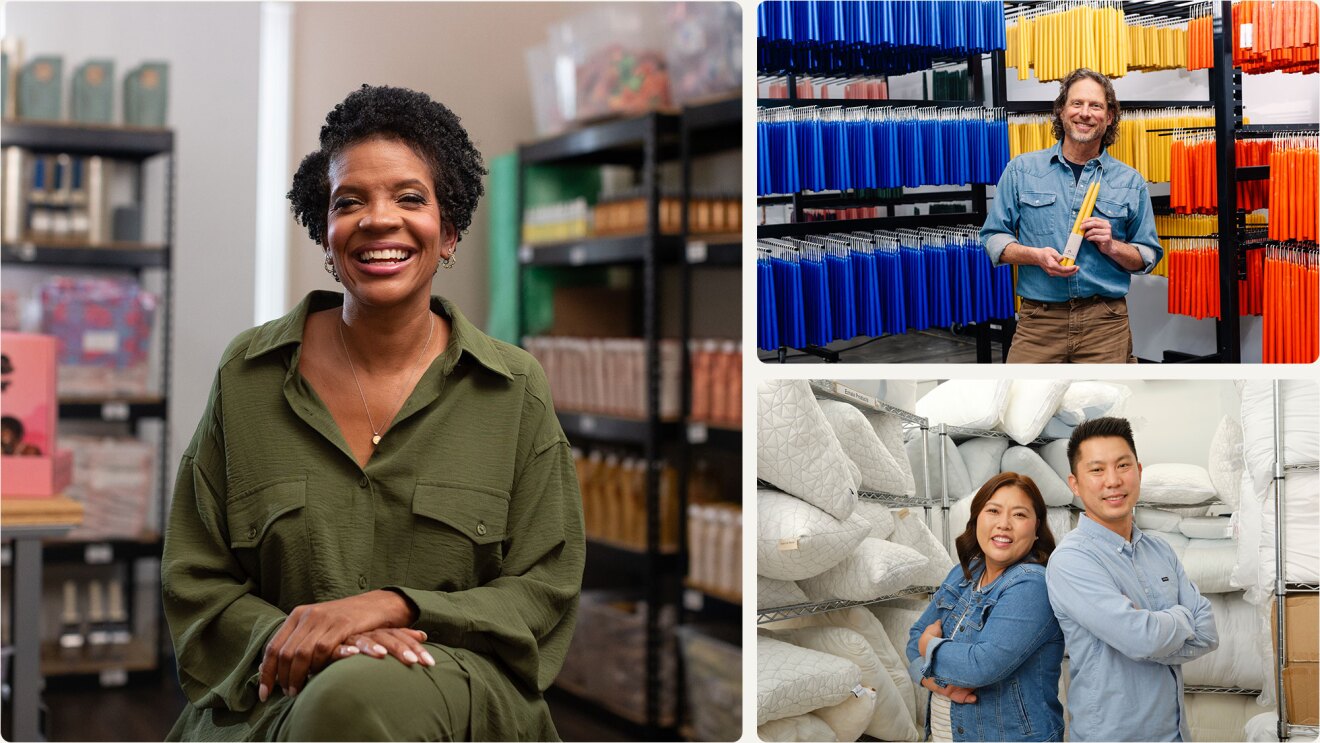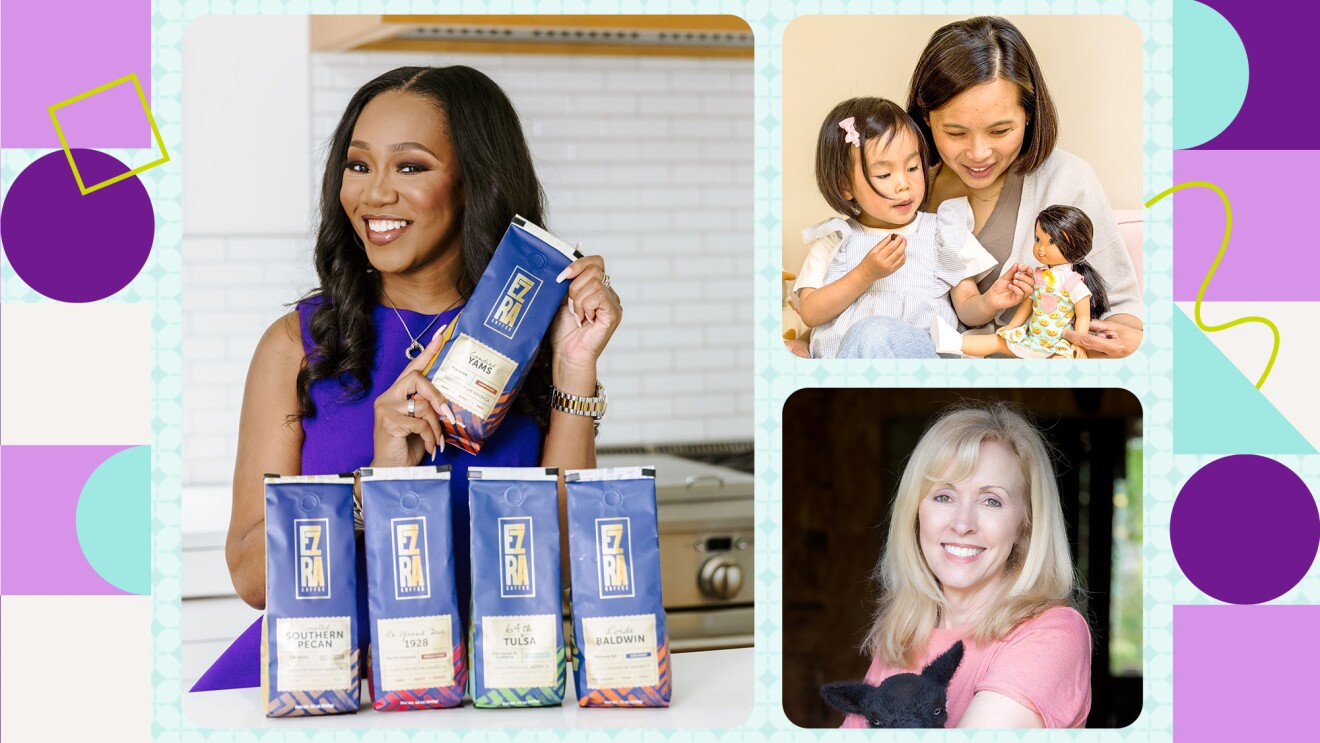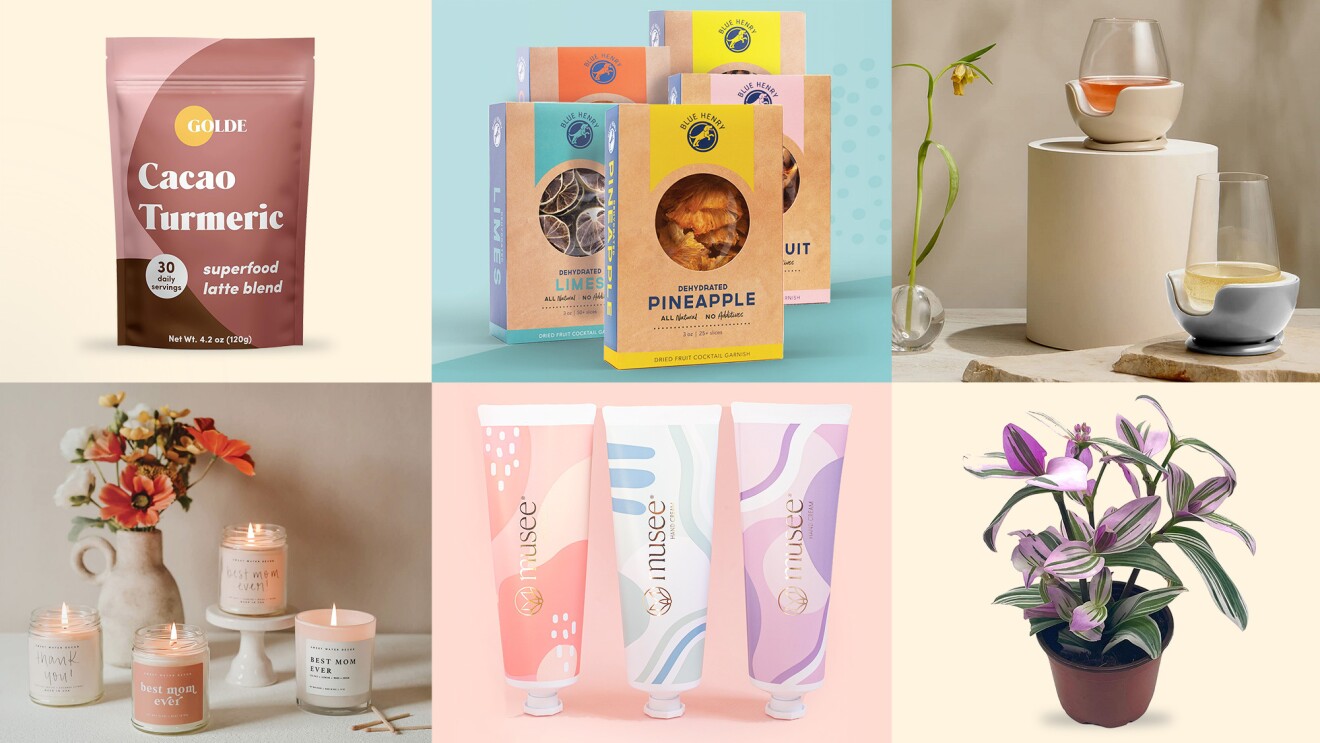Updated May 5, 2021
The doors in our minds sometimes open into strange rooms. That's how a speech-class teacher popped into Sandra Manay's thoughts recently, right after an unexpected question about her childhood put tears in her eyes and a big lump in her throat. The teacher once told her that 10 years would be enough time to transform something too sad to talk about into something she could give a speech about. Manay has not found that to be true.
It's been about two decades since her single mother left the family's native Peru in search of work. Manay and her sister stayed behind with their beloved grandmother, while their mom lived in the United States and waited tables in restaurants. All the details of drinks and dishes that she needed to keep straight to earn good tips could temporarily crowd out thoughts of how much she missed her girls. So there was an exhausting relief that came from working two jobs—eight hours at one restaurant, then eight more at another. Still, everything flooded back whenever a family with kids sat down at one of her tables. But she did her jobs, she kept at it, and she sent money back home.
01 / 03
Manay's separation from her mother started at age 8. She finally got a visa to come to the U.S. at 15.
"Those were the times that I would need my mom the most. And being far from her was so hard," Manay said. "But the alternative was her living in Peru and our future would be very limited."
Instead, Manay ultimately got to reunite with her mom in the U.S., finish high school, graduate from Parsons School of Design in New York City, and go on to start Luna Sundara. The small business is thriving by selling in Amazon’s store.
Along with employees and artisans on two continents, the company now provides full-time jobs for Manay, her husband, her sister, and her mother. "My mom and I always talk about trying to get the time back that we missed," she said. They work together at Luna Sundara's office and warehouse in Rahway, New Jersey, and they travel together to Peru and Ecuador to source the crafts, ceramics, palo santo wood, incense, essential oils, and other products that they sell on their own website and in a growing number of countries around the world via Amazon.
Manay and her mother fly the thousands of miles to South America and make the hours-long drives between towns and villages because of two hard truths they've learned through their own lives. The first is that nothing can truly replace face-to-face connections, not with family, not with business partners. The second is that you can't take it on faith that people will be good and fair to each other. Vulnerable people are, well, vulnerable—whether they be a woman 20 years ago waiting tables in America to support her daughters back home in Peru or a woman today harvesting raw materials for Luna Sundara products.
"For instance," Manay said, "for our ceramics, we have a lady that collects mango leaves that are used in the process. So we want to make sure this lady's getting paid. So we talk to her: 'Are you getting paid fairly? Has somebody not been paying you?' It's something that we have to be on top of 100 percent, constantly going and constantly visiting just to make sure. They tell you they want this. You listen to them, and then you get it done."
01 / 03
Manay is acutely aware that many of her fellow immigrants, regardless of how hard they work, will never feel the joy of pouring themselves into a small business of their own and seeing it grow into something like Luna Sundara. And she's ever-mindful that the world isn't some perfectly hospitable place where every daughter of a struggling single mom gets to grow up and live a life like hers.
That's why—contrary to what she heard in that speech class back in school—10 years, 20 years, 50 years may never be enough for her to stand up, with dry eyes and a steady voice, and tell the story of what she, her mom, and her sister lost on the way to getting to now. And it's why the three of them greet the arrival of International Women's Day every March with reverence and gratitude "because it reminds us that there's so many women who made a path for us to be where we are, and because of the way we were raised to empower each other," Manay said. "So we go out. We talk about it, talk about our lives. It's a great reminder. It's like an anniversary for us."
Women own 48% of the businesses selling in the Amazon.com store, according to a recent poll of Amazon sellers. Based on sales data from April 2020 to January 2021, Amazon sellers have seen a 55 percent year-over-year growth in sales during the COVID-19 pandemic. Luna Sundara is part of that. Manay's business has grown, as more customers treat their senses to small pleasures like incense and essential oils.
She relishes the extra work and challenges that growth puts on her plate. "I'm following my heart, and I believe in this project," she said. "And I'm going to do it until I can't. I'm very happy."
01 / 06
Amazon believes the U.S. should welcome the best and the brightest talent from around the world. It’s imperative for our country's competitiveness. Amazon has hundreds of thousands of employees in the U.S. from all backgrounds who are dedicated to inventing on behalf of and serving our customers. We support and lobby for immigration reform, including a legal pathway to citizenship for Dreamers and reforms to the green card and high-skilled visa programs. Learn more about Our Positions.


